5 Ways to Naturally Boost Your Testosterone
- Published in Testosterone Replacement Therapy
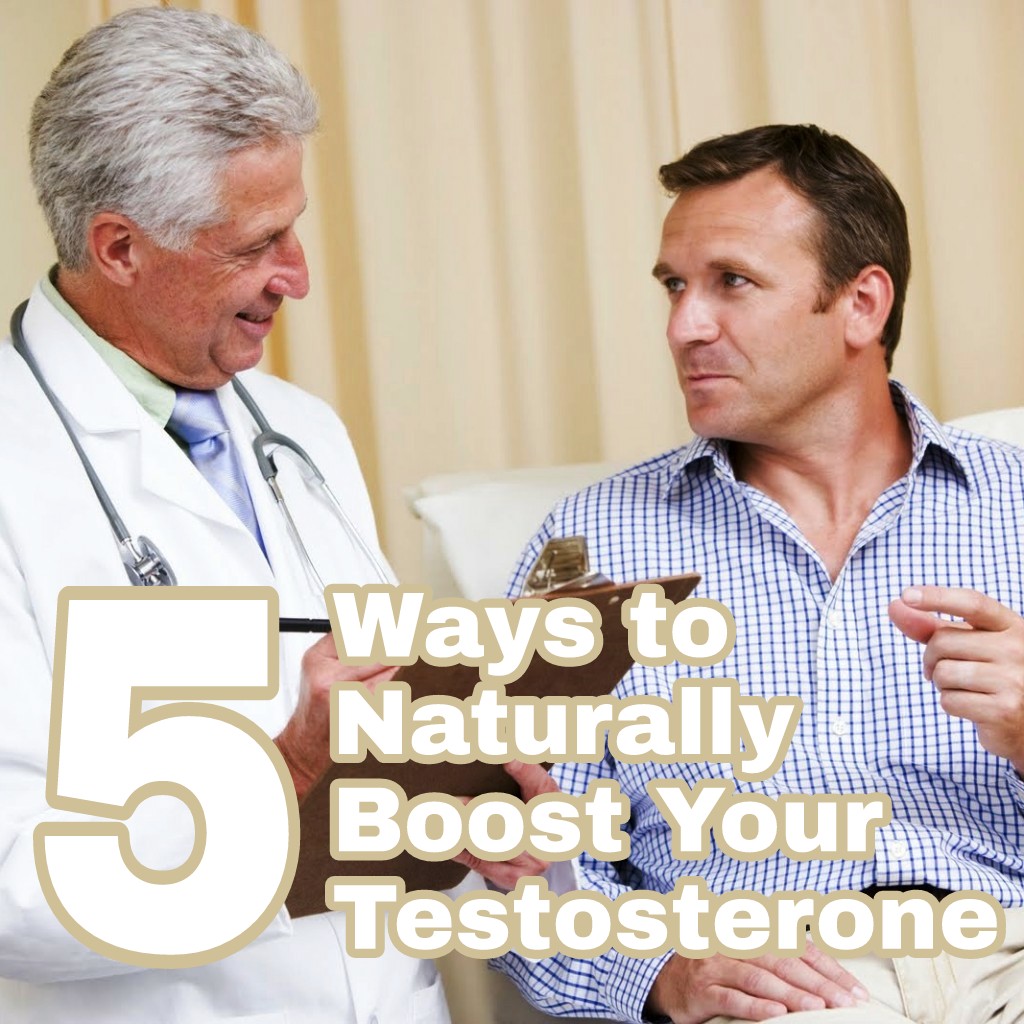
When you see the term “testosterone,” we typically associate it with masculinity and men. However, women generate testosterone too. So, what exactly is testosterone? Testosterone is a steroid hormone that plays a significant role in the male sperm production and produced in women’s ovaries in much smaller amounts. Rising levels of testosterone stimulates physical and chemical changes for boys and men such as increased muscle, pubic hair growth, deeper lengthened vocal chords, and increased sexual desire.
Testosterone production significantly spikes during puberty and starts to drop after age 30. Having optimal levels of the steroid hormone is essential from puberty throughout adulthood for general health, aids in preventing certain chronic diseases, and increases energy levels. As our levels of testosterone naturally decrease over time, rest assured there are ways to naturally boost it back up.
Testosterone treatment is NOT associated with risk of adverse cardiovascular events – the RHYME study
- Published in Testosterone Replacement Therapy
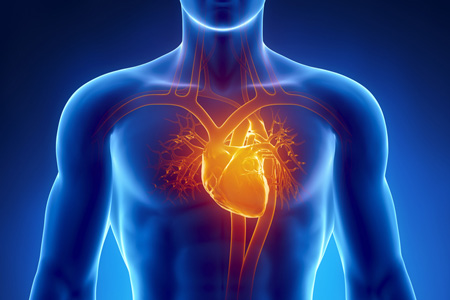
Waist-to-Height Ratio as a Screening Tool for Testosterone Deficiency
- Published in Testosterone Replacement Therapy
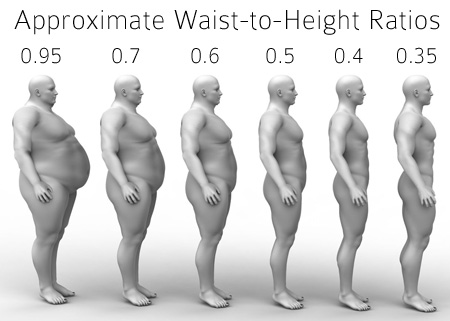
Long-term testosterone treatment with different testosterone preparations - provocative results on diagnosis and adherence
- Published in Testosterone Replacement Therapy

Due to lack of consistent clear-cut guidelines for diagnosis and treatment of testosterone deficiency, there is a lot of confusion among both health professionals and suffering men. The multiple different testosterone preparations available further add to the complexity of testosterone treatment.
Testosterone Therapy and Cardiovascular Risk - Advances and Controversies
- Published in Testosterone Replacement Therapy
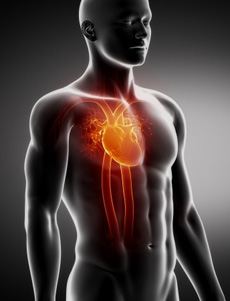
Testing for testosterone deficiency - things to know about the blood draw
- Published in Testosterone Replacement Therapy
The first step (aside from identifying symptoms) in diagnosing testosterone deficiency, aka low-T, is to do a blood test.
Here I cover some important practical things to know about a blood draw for testosterone analysis...
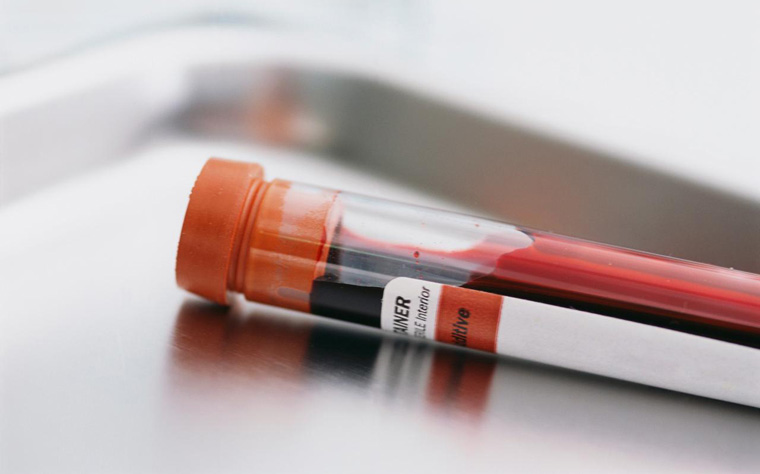
How well informed are general practitioners and cardiologists about testosterone deficiency and its consequences?
- Published in Testosterone - Men

Testosterone Boosting Medications and Cardiovascular Risk - a systematic review and meta-analysis
- Published in Testosterone Replacement Therapy
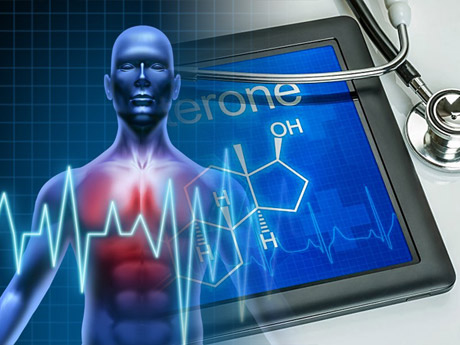
Efficacy and safety of injectable testosterone undecanoate (Aveed or Nebido) for the treatment of hypogonadism
- Published in Testosterone Replacement Therapy

Is hypogonadism, aka "andropause", the male version of menopause?
- Published in Testosterone - Men




